by Mindy Sullivan
The music starts, the introductions are made, and it’s really hard not to get up and dance and sing along when David Watkins and Stage Door Entertainment begin performing. Those lucky enough to be a part of his audiences in Sydney, Australia, do just that. David and his rat pack genre company are hands on performers, engaging the audience with dancing, hand holding and intimacy not seen in most musical performances.
Born in Wales, where according to Watkins “everyone sings”, he was raised in and around theater, singing and dancing, but it wasn’t until coming to Australia at age 20, when he took a job as a nursing assistant in an aged care home that he discovered the joy in performing for the residents.
He began playing piano for them, but at that time he didn’t have the nerve to do more. David credits the success in his current occupation with his participation in The Landmark Forum where he created the possibility of actually being a professional singer.
From the time he was a child, David experienced bullying and homophobic violence. He says his teenage years were hell, which resulted in thoughts of suicide and depression. During these early years he was told he sang like a girl, so, although music was his passion, he never sang solo. He says that he unconsciously made the decision that he wasn’t good enough, that no one would like his singing and that something was wrong with him.
Those ideas dominated his life for years. He moved from job to job, battling depression, and says he never completed anything at all until, in The Landmark Forum, he made the decision to give all of that up.
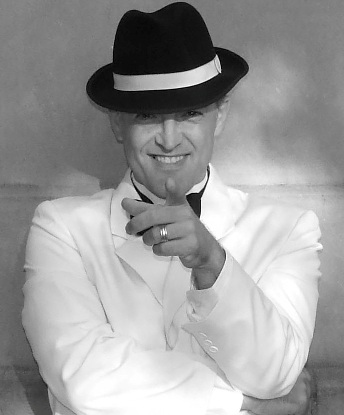 He started small, singing to the residents in his care home since, as David says, “It was safe, like singing for Grandma and Grandpa.” It was during these times that David discovered he felt free for possibly the first time in his life. The more he sang the better he felt. His mood lifted and he felt alive. What’s more, he discovered his audiences were completely accepting of him and seemed to really love it. He discovered that the joy he experienced when performing was also felt by his audience.
He started small, singing to the residents in his care home since, as David says, “It was safe, like singing for Grandma and Grandpa.” It was during these times that David discovered he felt free for possibly the first time in his life. The more he sang the better he felt. His mood lifted and he felt alive. What’s more, he discovered his audiences were completely accepting of him and seemed to really love it. He discovered that the joy he experienced when performing was also felt by his audience.
David landed a part as a dancer in the major motion picture Australia, and for his project in Landmark Education’s SELP, he created a fundraiser for Legacy, an Australian veterans group. He got a movie theater donated for an evening, secured a copy of the movie, Australia, and, with the help of companies such as FOX (who donated movie memorabilia), he raised $2500 for the group. He called the affair ‘Australia – THEIR Legacy’.
Sometime during his participation in Landmark Education, David credits the Sidney Center Director with suggesting he speak to his doctor about his moods. It was then he was diagnosed with Attention Deficit with Hyperactivity Disorder (ADHD) and, with medication, started a new chapter in his life, as he was thinking clearly for the first time. He believes it is his understanding or connection between his own mental challenges and those of the residents that has made him such a success.
He came up with a marketing idea to send out cards to local aged care homes to see if they would be interested in hiring him to entertain their residents. The response was overwhelming and he has made his living at it ever since.
These aged care home performances are very special to David. He does five to seven song and dance shows every week to homes whose residents have life altering conditions such as Alzheimers. Somehow, David has found that music has the capability to reach across the depths of this debilitating disease and seeming miracles regularly occur. The daughter of one resident reported that her mother, who had not communicated in over four years, had an almost normal conversation with her after one of David’s shows where the mother was singing along. Fomerly uncommunicative people are seen moving to the music, using body language, smiling, dancing, and even crying.
According to David, “It can be very confronting. As much as we entertain them, they entertain us right back. You realize you are actually singing the soundtracks of their lives.”
His love and passion for music is the magic David Watkins uses to effect his miracles, but when asked if he wants to become a star, David’s reply is that “When I gave up the need to be a star, I became the star these people needed. I can make a real difference in the lives of these dementia patients. If I can give their families back just a moment of their loved one’s former lives, when they have these moments back, it is so precious.”
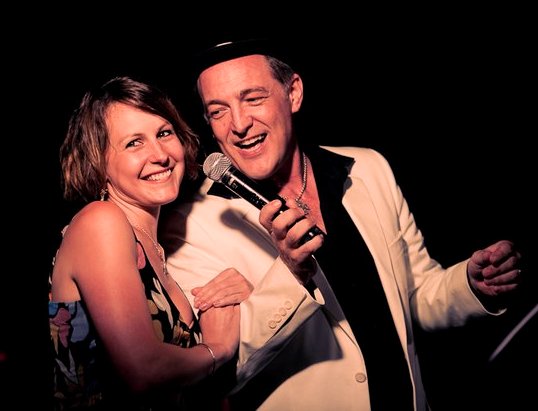
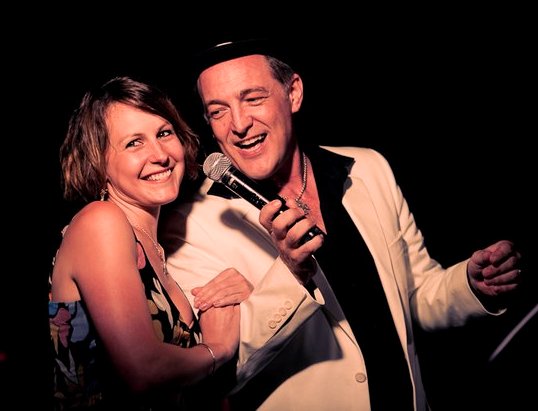
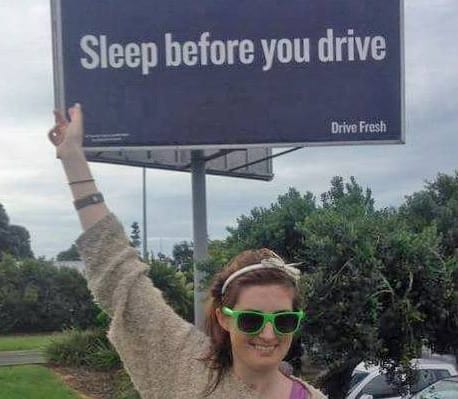
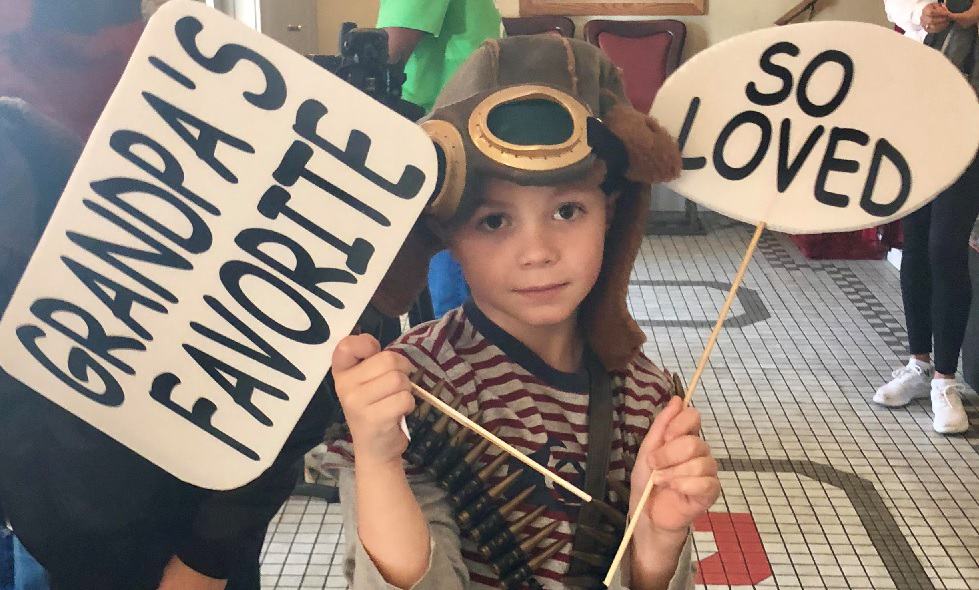
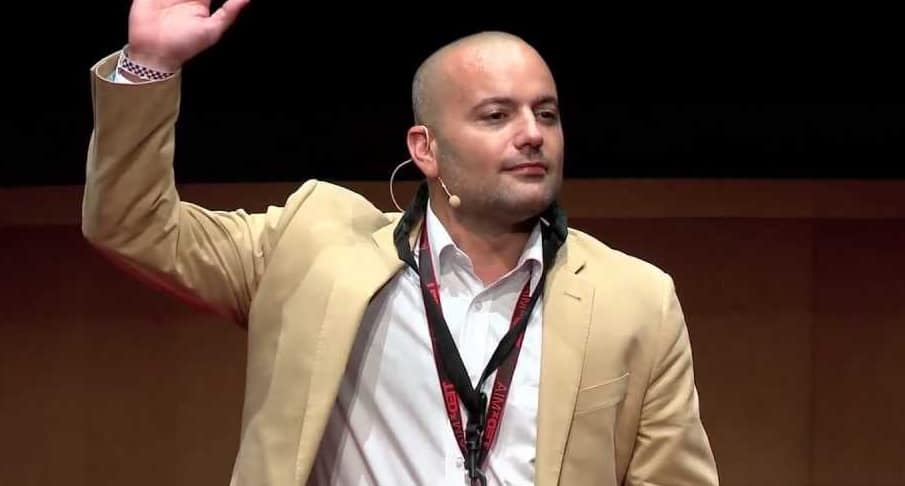
2 comments
It is too bad we would have to be of advanced age and in Australia to see David’s shows! LOL!
Would love to see one of his shows. What an inspiration.